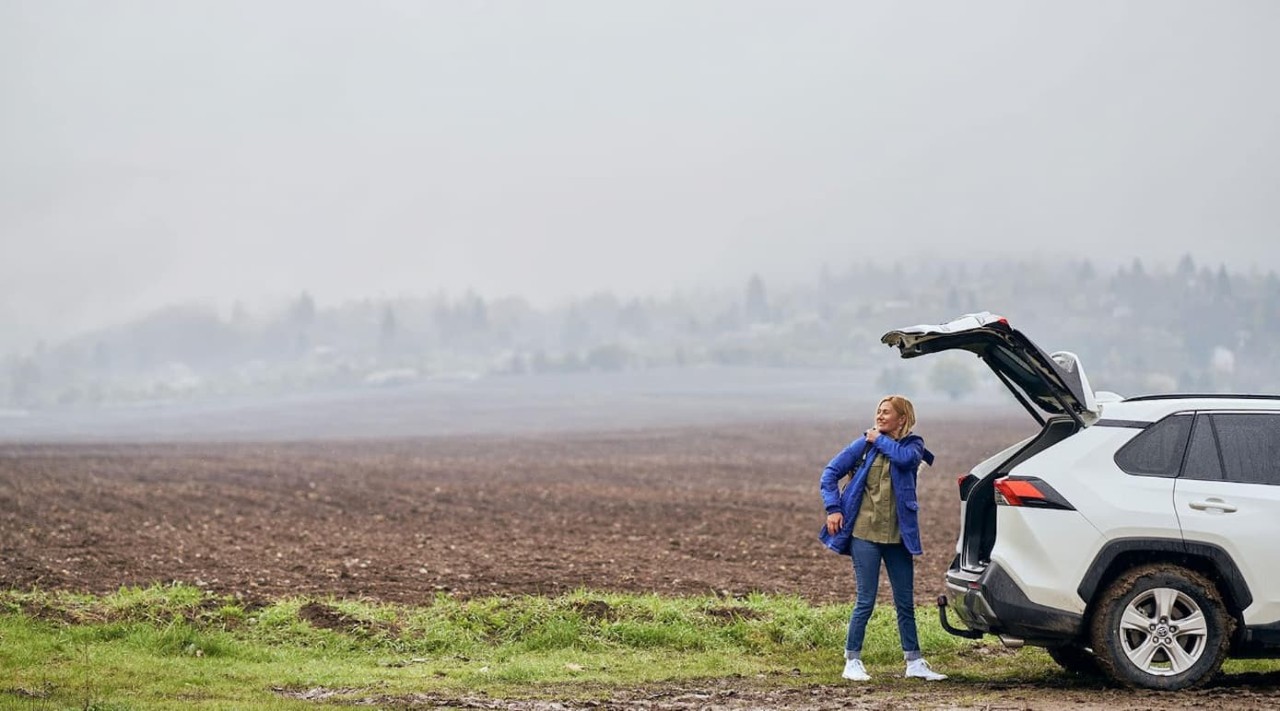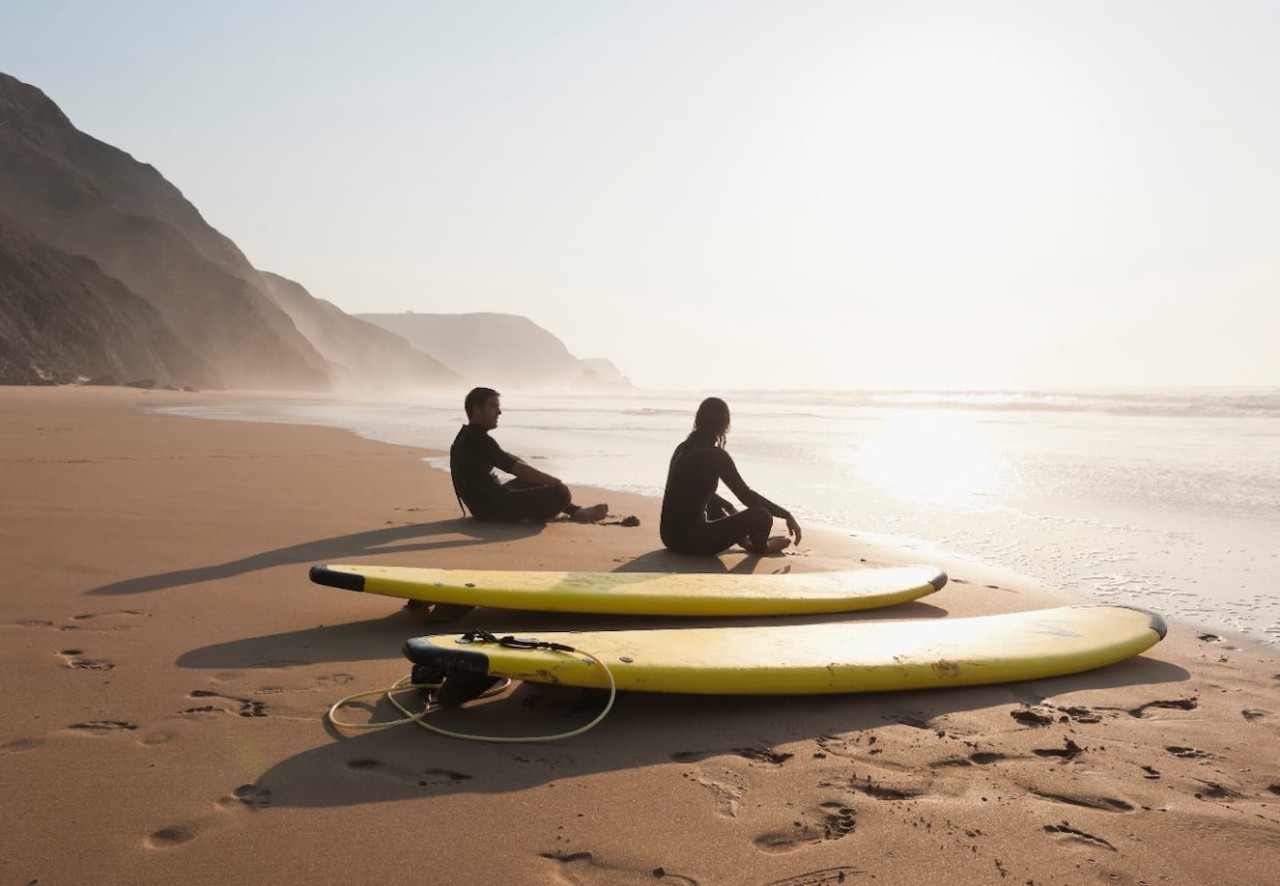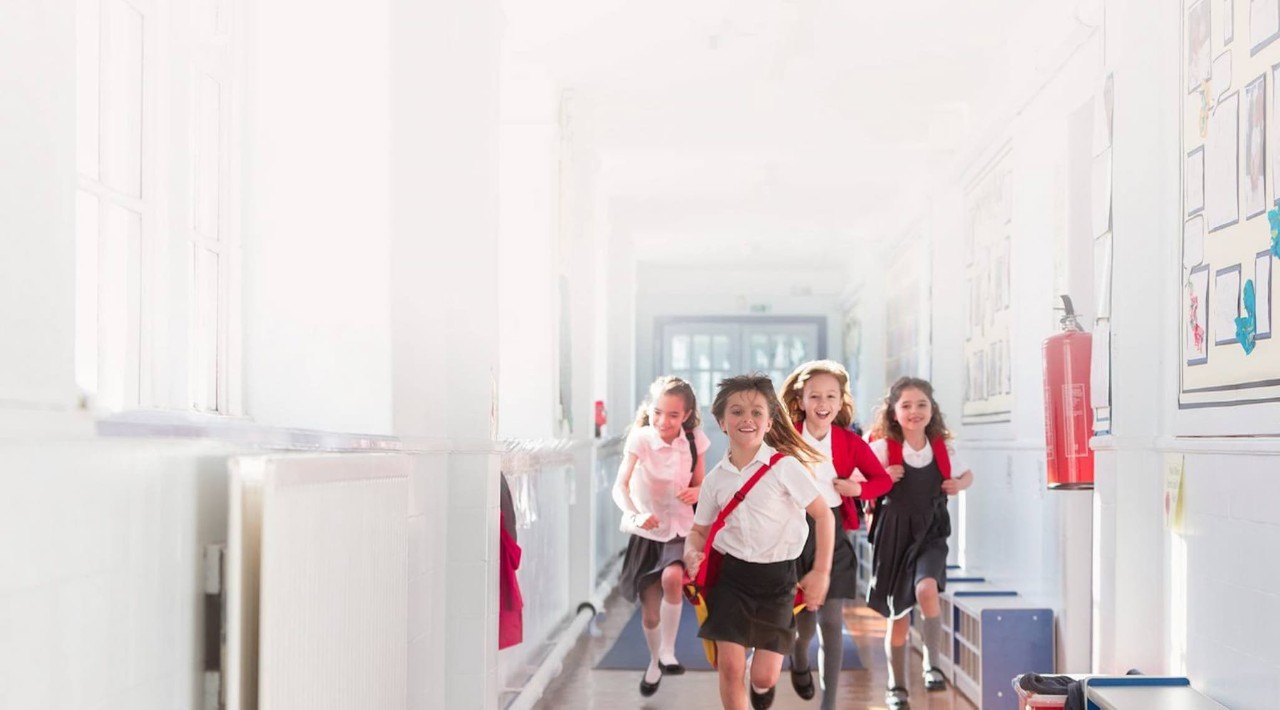By Melanie May, January 2025
Thousands of homeowners experience the pain of frozen and burst pipes every winter. This can cause significant water damage to your home and belongings and can be expensive to repair.
So, to help you safeguard your home and minimise the risk of such incidents, we've put together this guide on preventing frozen and burst pipes.
Protecting Your Home from Water Damage
Water damage is a common and costly issue that homeowners frequently encounter. In fact, it was the biggest cause for Allianz household claims in 2022, accounting for 41% of our total claims. Many of these claims stemmed from frozen and burst pipes, a problem that can be especially prevalent during harsh Irish winters.
What Causes Frozen Pipes and Bursts
When water freezes, it expands. This can cause pipes to burst, especially if they are not insulated or are exposed to cold weather. Frozen pipes can also cause water damage to your home if they leak or burst while you are away.
Understanding the root causes of frozen pipes is the first step in preventing them. In Ireland, freezing temperatures can lead to frozen pipes, which can subsequently burst. The primary factors that contribute to this problem include:
- Subzero Temperatures: When the mercury drops below freezing, the water inside your pipes can turn into ice.
- Inadequate Insulation: Poorly insulated pipes are more susceptible to freezing. This is especially common in older homes or unheated spaces like attics.
- Neglected Pipes: Pipes located outdoors or in uninsulated areas are at greater risk if they haven't been properly maintained or winterised.
How to Prevent Pipes from Freezing
Preventing frozen pipes is far easier and more cost-effective than dealing with the aftermath of a burst pipe. Here are some proactive measures you can take:
- Insulate Your Pipes: Invest in proper pipe insulation to keep them warm during cold spells. Pay special attention to pipes in unheated or uninsulated areas.
- Seal Gaps and Cracks: Seal any gaps or cracks in your home's exterior to keep out cold drafts. This will help maintain a more stable indoor temperature.
- Keep Your Home Warm: Maintain a consistent temperature in your home, especially during cold nights. This can be achieved by using programmable thermostats.
- Disconnect Outdoor Hoses: If you leave them connected, the water inside them could freeze and cause damage.
If you have a holiday home which will be vacant during the winter months, most insurance companies will require you to do one of the following steps to prevent your pipes from freezing:
- The water supply must be turned off at the mains and the entire cold water system must be drained down.
- If you are not planning on turning off the water then you need to keep the house heated. Your holiday home must have a fully operational thermostatically controlled central heating system that is set to maintain a minimum constant temperature of 5 degrees Celsius or 41 degrees Fahrenheit throughout the entire holiday home, including the attic.
How to Tell if Your Pipes Are Frozen
Recognising the early signs of frozen pipes can help you take action before they burst. Look out for the following indicators:
- No Water Flow: If you turn on a faucet and no water comes out, there's a possibility that the pipe is frozen.
- Unusual Odours: Strange smells coming from your taps or drains can indicate a blockage in your pipes due to freezing.
- Visible Frost: Inspect exposed pipes in unheated areas for visible frost or condensation.
- Bulging Pipes: If you see a bulging pipe, it could be because the water inside it has frozen and expanded.
What to Do If You Have Frozen Pipes
If you think you have frozen pipes, you should first turn off the water supply to your home. You can locate the main water valve and turn it clockwise. Once the water supply is turned off, you can try to thaw the frozen pipes. There are a few ways to do this:
- Keep Taps Open: Open all taps to relieve pressure in the system and allow the water to flow when the pipe thaws.
- Apply Heat: Safely apply heat to the frozen section of the pipe using a hairdryer, heat lamp, or heating pad. Never use an open flame.
- Call a Professional: If you're unsure or unable to thaw the pipe yourself, contact a plumber for assistance.
Once the frozen pipe has thawed, be sure to check it for leaks before you turn the water supply back on.
What to Do If Your Pipes Burst
A burst pipe can cause extensive water damage. If a pipe does burst, act quickly to minimise the destruction:
- Shut Off the Water: Turn off the main water supply to your home to stop the flow of water.
- Drain the System: Open all taps to drain the water from the system.
- Call a Plumber: Contact a professional plumber to repair the burst pipe.
- Contact Your Insurer: Notify your insurance company to start the claims process.
If you’re an Allianz customer and your pipe bursts you can contact our Emergency Home Assistance anytime. Water moves fast, but so do we! Our Emergency Home Assistance is available 24/7 365 days a year to prevent further damage to your home. This is not a claim so you won’t pay any excess and it has no effect on your No Claims Bonus.
Claims Advice and Home Insurance
If you have water damage caused by frozen or burst pipes, you should notify and file a claim with your home insurance company. Your home insurance policy should cover the cost of repairing the damage, as well as the cost of replacing any damaged belongings.
At Allianz, we understand that accidents happen, and that's why we offer comprehensive home insurance policies that cover a wide range of risks, including water damage from frozen and burst pipes. In the unfortunate event of a water damage incident, contact our dedicated claims team for assistance. We are committed to providing you with the support you need to get your home back in order.
Remember, prevention is always better than cure. By taking the necessary steps to protect your pipes and staying vigilant during the winter months, you can significantly reduce the risk of frozen and burst pipes, ensuring the safety and well-being of your home.
Stay warm, stay safe, and protect your home from the chill of winter.






